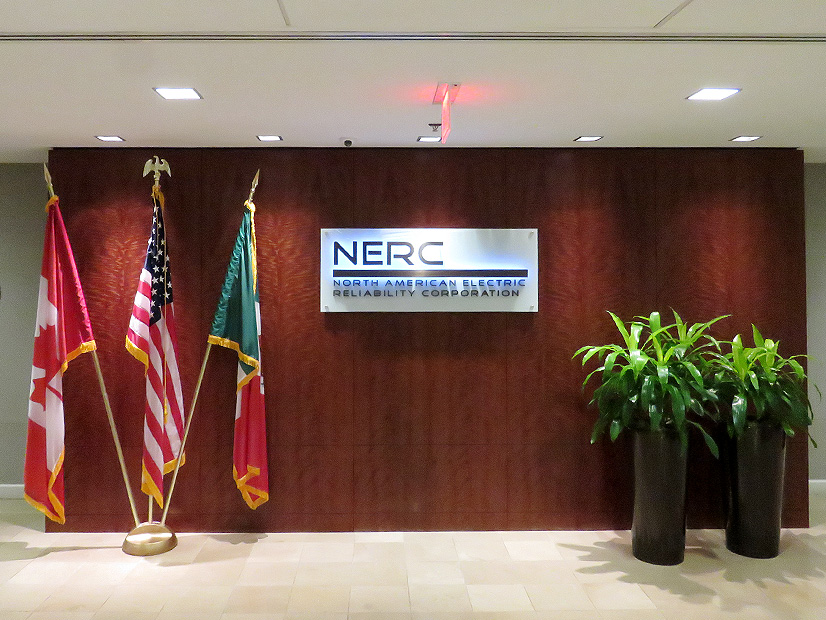NERC’s Board of Trustees is pondering significant changes to its calendar, with one of the four annual open meetings moving to a hybrid format and another moving fully online, the organization’s Corporate Governance and Human Resources Committee (CGHRC) heard at its open meeting on Monday.
The potential new schedule was among the topics discussed at NERC’s recent board retreat held Sept. 26 and 27, CGHRC Chair Suzanne Keenan told members on Monday’s conference call. The theme of the retreat was “Building a more effective and efficient governance process,” and topics were developed based on interviews between trustees and an outside consulting firm.
During their retreat, board members focused on enhancing engagement with stakeholders, improving efficiency and increasing agility in governance. Optimizing meeting frequency, in part through making better use of technology, was identified as one way to work toward these goals.
Under the suggested board calendar that Keenan discussed Monday, the board and Member Representatives Committee (MRC) would have two full, in-person meetings per year: one in February in a “Western or Southern location,” and one in August in Canada. The February meeting would include a stakeholder dinner to enhance engagement.
The other two meetings would have some form of virtual attendance. Trustees and MRC members would gather in person at NERC’s Washington office in May, with other stakeholders participating virtually. The final meeting of the year would be entirely online — and moved to early December from its current position of mid-November — with an attempt to limit the agenda to “necessary board governance actions only.” This idea is aimed at reducing the cost of travel during the busy holiday season and could extend as far as eliminating the MRC’s meeting entirely.
“We know from stakeholders that this time of year is crushed. Our objective will be to narrow the board meeting down to only the governance actions that we need to take,” Keenan said. “Clearly we recognize there are governance actions that the MRC needs to take, and NERC will be happy to provide the logistical support for a virtual meeting unless the MRC can move its governance actions to August or February to obviate the need for an end of year MRC meeting.”
Changes may also be coming for the board’s governance committees: the CGHRC, the Finance and Audit Committee, the Technology and Security Committee, and the Compliance Committee.
For these committees, Keenan told listeners that the board has gradually and “through good intentions … become a committee of the whole,” with all trustees routinely attending every board committee’s meeting, not just those to which they belong. While this trend reflects the trustees’ dedication to following all of NERC’s actions, it has meant that meetings tend to slow down while all trustees are commenting.
The board hopes to change this starting in February by limiting trustee attendance only to those meetings of which they are members, with the exception of first-year board members who are trying to build familiarity with NERC’s governance processes.
Keenan said the board hopes this approach will lead to “freeing up more time for engagement and informal discussion in the hallways.” To compensate for trustees’ inability to attend in person, NERC will expect committee chairs to be “more comprehensive” in their reports, and meeting notes will be available to all trustees.
Monday’s discussion shows that NERC’s board is still committed to streamlining its meeting schedule and continuing some of the changes that were initially introduced in response to the COVID-19 pandemic, even after most organizations lift the travel restrictions that led the board to adopt a fully virtual stance in 2020. Such ideas go back at least as far as January 2021, when NERC CEO Jim Robb floated a hybrid meeting framework in which the February and August meetings would be fully in-person, while the other two would have some form of virtual attendance. (See NERC Considering Long-term Virtual Board Meeting Format.)




